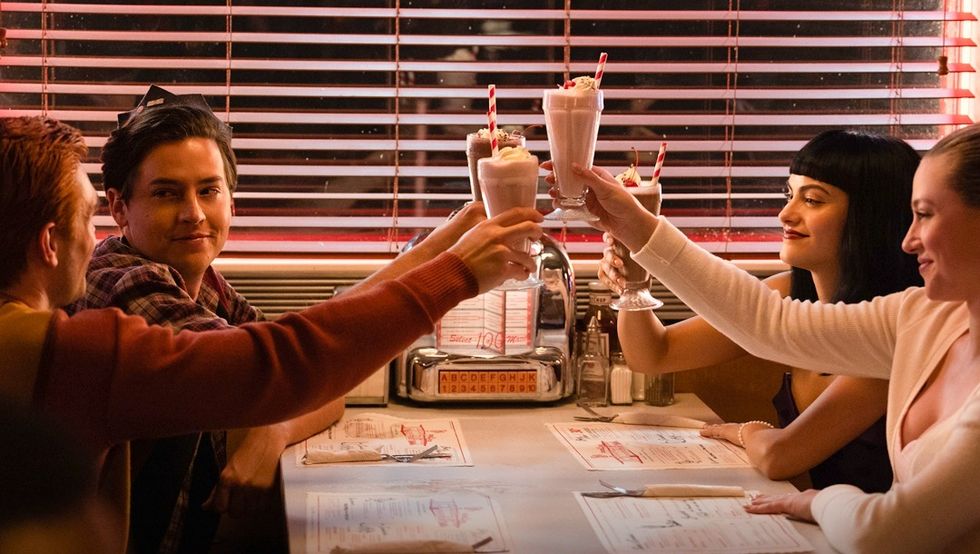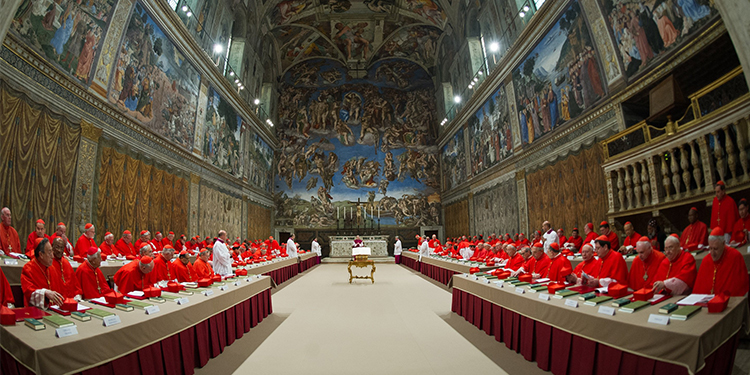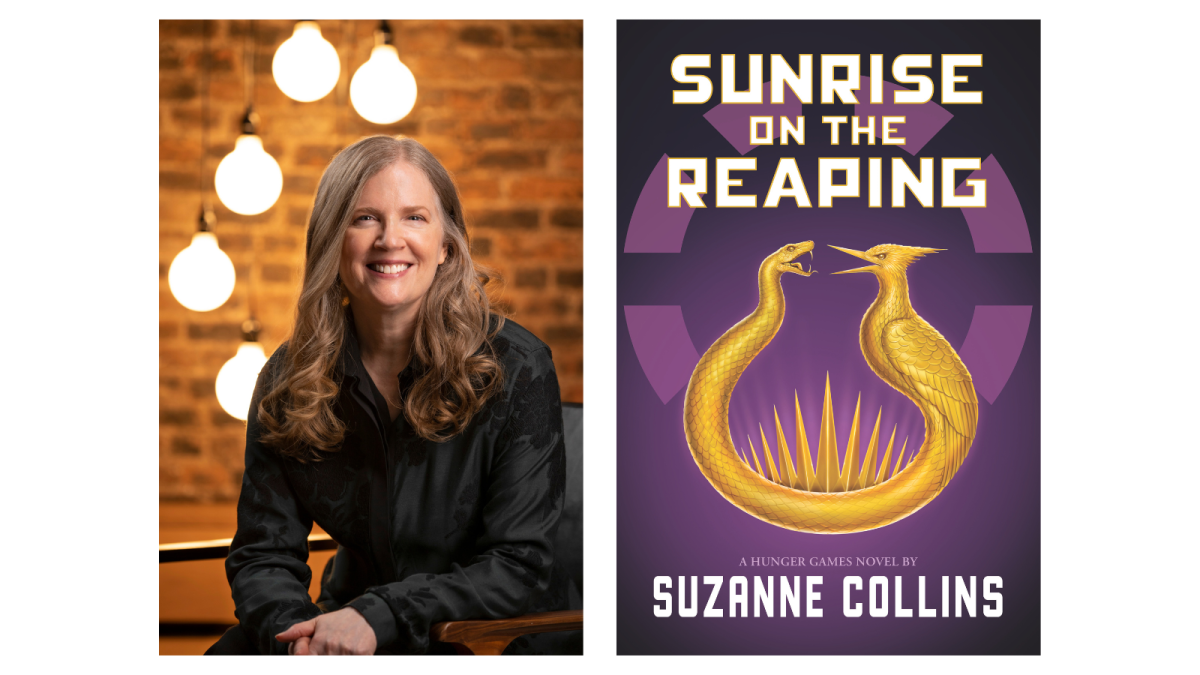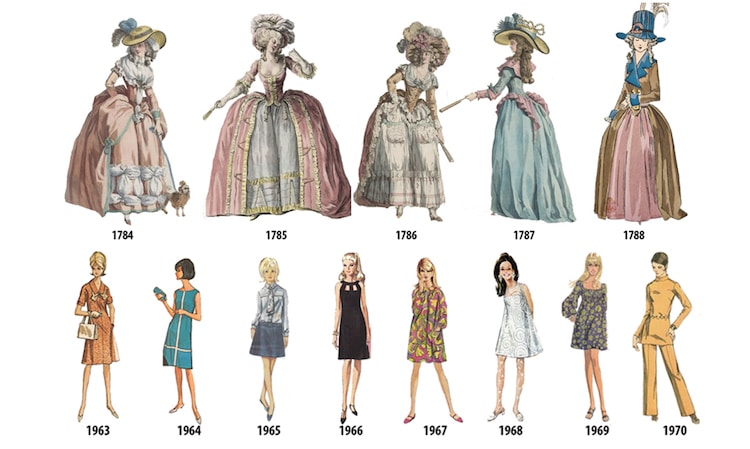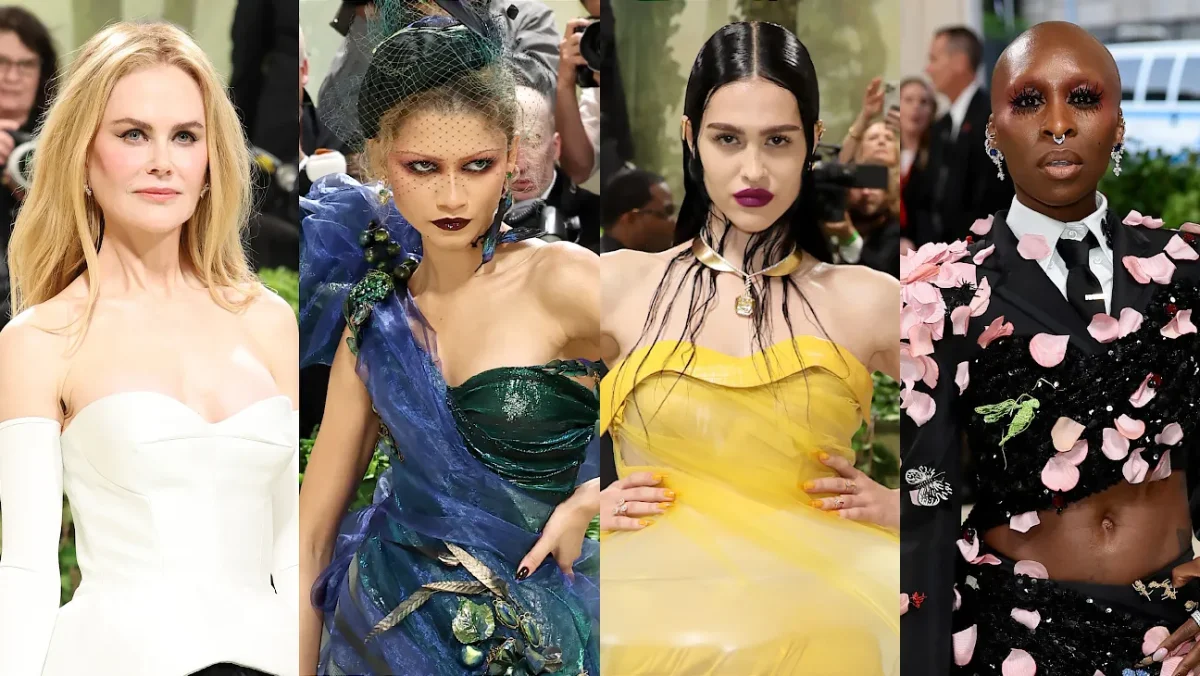“I can’t help but think life goes by so fast. And none of us are very good at stopping to savor it.” – Riverdale
Alas, after a captivating six-year run, the CW show that initially captured our attention with its enigmatic murder narratives, inspired by the classic Archie Comics, has drawn to a close. Once known for its gripping storylines, it ironically became famed for scripting its own downfall, creating a spectacle that left audiences both bewildered and intrigued. This remarkable journey, filled with unexpected twists and turns, has finally reached its poignant end. Archie Comics, a colorful universe filled with everyday high school drama, originated in 1941. It gave birth to iconic characters like Archie, Betty, Veronica, and Jughead. Their timeless stories resonated with readers, leading to the creation of Riverdale, a TV adaptation that added a modern, darker twist to the beloved comic series. Riverdale, in its inception, captivated audiences with the chilling mystery of Jason Blossom’s murder. The once tranquil town was plunged into a dark whodunit, unveiling secrets and testing loyalties, keeping fans on the edge of their seats. Throughout the first season, fans were enamored. The blend of cherished characters from Archie Comics, grappling with the stark realities of high school, intertwined with a murder mystery was an unprecedented approach. This unique narrative hadn’t been explored before, making a breath of fresh air. The season finale, however, was a game-changer. It flung open the doors to a darker narrative, suggesting the chilling presence of a possible serial killer in the shadows of their quaint town, setting the stage for a riveting new saga.
Without revealing the twists and turns of the second season, let’s fast forward to season three. It’s widely perceived among fans as the turning point where Riverdale began to deviate from its original allure. The narrative took a sharp turn, leading the storyline into uncharted territories that seemed to stray from the initial charm that had initially captivated audiences. The shift in tone and plot direction was met with mixed reactions, with many fans believing it marked the beginning of a decline in the show’s quality and coherence. The shift from a classic whodunit, centered around a serial killer, to suddenly delving into the realm of cults and deadly board games, was a jarring transition that left fans disoriented and uninterested. The abrupt change in narrative tone and content was a far cry from the show’s original allure, resulting in a disconnect with the audience. At this stage, the show’s reputation took a turn for the worse. It became the butt of jokes on social media, with its writing and plot twists being widely mocked. Numerous memes surfaced, humorously critiquing the series’ narrative choices, turning it into a laughing stock rather than a respected piece of storytelling.
Undeniably, the creators seemed to have taken the criticism from season three to heart. The season’s end, marked by a fan-favorite’s apparent demise, paved the way for an eagerly anticipated fourth season. Fans were initially thrilled, thinking the series was returning to its original charm. Alas, the unfolding narrative took an unexpected turn for the worst. The unresolved storylines from season three seeped into the fourth, resulting in a perplexing narrative. This not only left viewers baffled but seemingly the cast as well. The season’s momentum was abruptly halted by the pandemic, leading to a eight-month hiatus from broadcasting. The showrunners, upon the renewal of the fifth season by the CW, made a strategic decision. They recognized that the narrative had been centered around high school life for approximately four years, and it was time to progress. Consequently, they introduced a time jump after the infamous graduation episode. The subsequent storyline was set seven years into the future, marking a significant shift in the narrative and opening up new avenues for storytelling.
From the get-go, the concept piqued the curiosity of fans. It was a breath of fresh air, a novelty that was initially perceived as a promising direction for the narrative. The idea was welcomed with open arms as it brought an element of freshness to the table. However, as the storyline progressed, the initial excitement began to wane, and what was once considered a good idea, unfortunately, didn’t live up to the expectations. Throughout the season, they dared to venture into the realm of the supernatural, particularly focusing on witchcraft. This addition brought a new layer of intrigue to the storyline. However, it wasn’t quite what fans had signed up for. The sudden shift from a grounded narrative to a supernatural one was not well-received, leaving many fans feeling disconnected with the direction the show was taking.
The series took a nosedive in its fifth season, veering into a multi-dimensional storyline, titled RIVERVALE. It was intended to be fun, but unsurprisingly, it fell flat. Rivervale, the epicenter of a pivotal five-episode saga, paved the way for the Sabrina crossover. Sabrina the Teenage Witch was a character which originated from Archie’s Comics, so from the beginning it was established that she was in the same universe. After the unique special, the narrative went back to the familiar setting of Riverdale. However, the familiar was now interwoven with the extraordinary, with concepts of the multiverse, witchcraft, the supernatural, and superpowers now playing prominent roles. This infusion of fantastical elements marked a significant departure from the show’s original tone, adding a whole new layer of complexity to the plot. Sure, Riverdale reached the apex of pop culture, but it wasn’t exactly a triumph. The flurry of memes that erupted across social media was less about celebrating the show’s quality and more about its quirks and eccentricities. It was a pop culture phenomenon, but not necessarily for the most flattering reasons.
The CW’s declaration that the seventh season of Riverdale would be its grand finale was a significant moment. The showrunner had expressed from the very beginning his intention to weave the spirit and charm of the original Archie Comics into the fabric of the show. This was his golden opportunity, and he seized it with both hands. The final season was his canvas to paint a vivid picture that encapsulated his vision, bringing together the nostalgia of the comics and the fresh narrative of the show. Season seven, set in the 1950s – the golden era of Archie Comics, was branded as a “fresh start.” This was perceived by fans as a bid to rectify past missteps. Sure, it was a fresh idea, but was it a good one? This season seemed to erase the past, as if hitting a reset button on the characters. Their growth vanished, forcing them to start anew. As the season unfolded, subtle hints suggested a glimmer of hope for a return to the original timeline. When an actress from the show hinted to EW that they’d be marooned in the 1950s, fans reacted with displeasure and confusion about the finale’s execution.
On the evening of Wednesday, August 23, the much-anticipated final episode of Riverdale made its grand entry onto the screen. The show’s writers masterfully crafted a sense of closure for the fans, bestowing upon each beloved character a well-deserved happy ending. This narrative choice resonated deeply with the audience, who appreciated the uplifting resolution for their favorite figures. Despite Riverdale’s chaotic journey and peculiar plotlines, its unique charm remains unmatched, a rare spectacle we were fortunate to witness.

